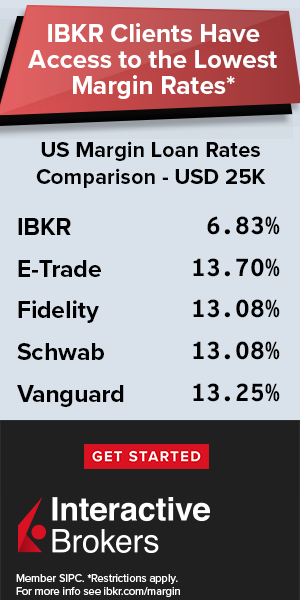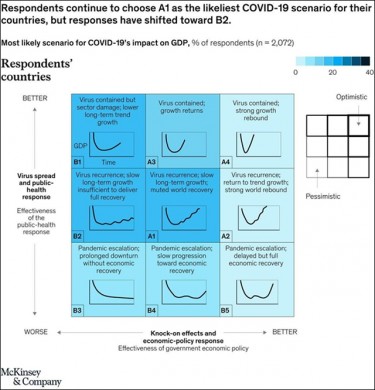Legendary investor Sir John Templeton amassed his fortune by spotting undervalued assets and taking a calculated, mathematical approach to investing, rather than relying on gut instinct. Just as Templeton identified potential in post-war Japan, today’s crypto market offers similar undervalued opportunities. Few investors view cryptocurrencies like companies or their tokens like stocks—giving a unique edge to those who do. This article will explore simple, effective metrics to identify promising crypto assets, showing that a data-driven approach can be highly advantageous, especially during bear markets.

Real-Time Transparency: A Unique Advantage in Blockchain Investing
One of the compelling aspects of blockchain technology is its capacity for real-time data transparency, something traditional public companies can’t match. For instance, if you wanted Facebook’s daily active user count, you’d have to wait for its quarterly earnings report, often delayed by weeks or months.
Blockchain, on the other hand, reveals its user metrics in real-time, offering investors an unprecedented level of transparency. There’s no waiting—and no hiding. Numbers are visible as they happen, allowing investors to gauge a project’s activity and engagement instantly.
For tracking crypto metrics, our go-to platform is Token Terminal, which provides a user-friendly dashboard to view essential data. Their metrics and philosophy align with our own, which makes them ideal for this analysis. Now, let’s dive into the three key metrics that every savvy crypto investor should be watching.

Source: create.vista.com
Metric 1: Daily Active Users (DAU)
In the world of crypto, Daily Active Users (DAU) is akin to tracking the number of customers for a traditional business. Just as a coffee shop’s success depends on a steady stream of customers, a crypto platform’s value is closely tied to its user engagement. Simply put, a crypto project without users is unlikely to have long-term potential.
DAU captures the number of people actively using a project each day. For example, Ethereum’s DAU metric provides insights into how many people are utilizing the platform daily, giving us a quick, clear snapshot of its market traction and potential growth trajectory.
Daily Active Users (DAU) is a vital metric for crypto investments due to network effects. Much like Facebook’s early growth, each new user increases value for the entire network. This effect compounds over time, as seen in networks like phone systems, where connections grow exponentially with each additional user.
Metric 2: Fees
Fees indicate whether users are willing to pay to access a crypto platform or service.
Like any traditional business, crypto projects need a revenue stream, often generated through transaction fees. For example, every transaction on the Ethereum network incurs “gas fees,” which serve as a service charge, supporting Ethereum’s ecosystem.
While some crypto platforms boost Daily Active Users by offering free tokens or future token rewards—similar to handing out free samples—these strategies only succeed if users are eventually willing to pay for the service. Fees reveal if a crypto product provides enough value for users to commit financially.
Metric 3: Market Capitalization (and Price)
Market capitalization provides insight into a crypto project’s overall value, serving primarily as a benchmark for comparison.
Many investors rely solely on price and market cap, akin to evaluating a restaurant based only on its menu prices. While these metrics can help assess the relative size and cost of various crypto assets, they have limitations. A high market cap may suggest a more established company, whereas a lower market cap could indicate significant growth potential, albeit with increased risk.
Closing Thoughts
Engaging in quantitative analysis—focusing on the numbers—unveils incredible investment opportunities for those willing to invest the time, especially since few take this approach.
This advantage won’t last indefinitely. As more investors come to understand that “cryptos are companies” and “tokens are stocks,” this perspective will eventually become mainstream, much like conventional wisdom in traditional markets.
For now, however, this methodology provides us with a significant competitive edge. By knowing the numbers, we gain insight into the underlying reality of the market.
Learn from market wizards: Books to take your trading to the next level


 Hot Features
Hot Features












